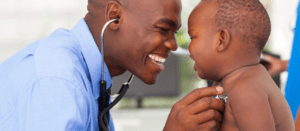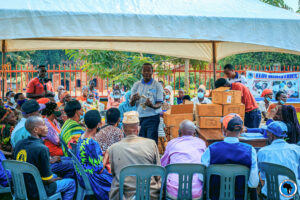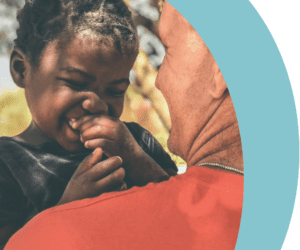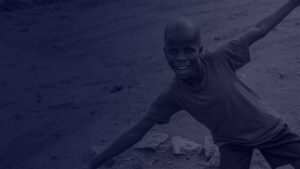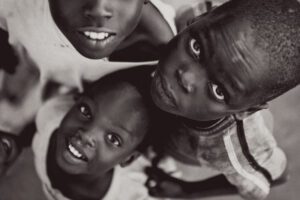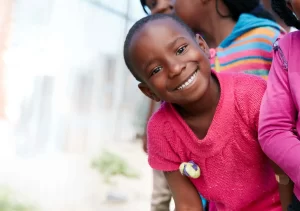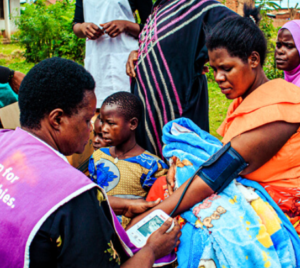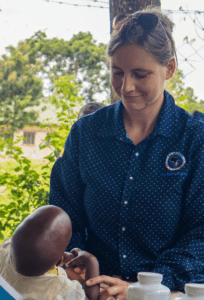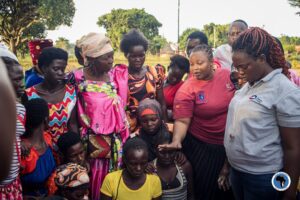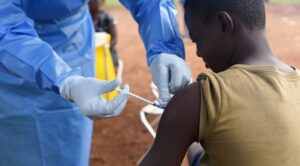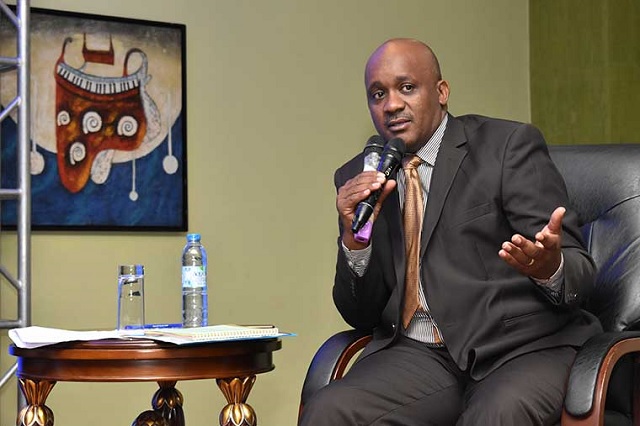
Kampala, Uganda | THE INDEPENDENT | The civil society groups in Uganda have termed the next national budget ineffective in answering the country’s pressing needs. The Minister of Finance, Planning and Economic Development is due to present this Thursday a sh72 trillion budget, which was revised at the last minute from the earlier estimate of sh58 trillion.
The Civil society organisations, including the Civil Society Budget Advocacy Group (CSBAG), SEATINI Uganda (a tax and trade rights NGO), health rights group (CERHUD), Food Rights Alliance, Oxfam Uganda and Initiative for Social and Economic Rights (ISER), fear for missed priorities and increasing debt burden. The larger part of the increase in the budget comes from allocations to repayment of the national debt.
However, there is also concern that the budgeting process is not being given the seriousness it deserves.
“(There is) limited time given to the legislators to scrutinise and debate the addition of 14 trillion shillings presented through corrigenda. Ugandans need to be worried about the rising abuse patterns of the budget-making process witnessed this year, particularly through the 2024/2025 corrigenda,” they said in a joint statement.
According to them, some of the items in the corrigenda do not meet the criteria of “error” and “omission”. They add that a soaring public debt, the narrowing fiscal space, reducing external financing, and the downgrading of Uganda’s economy by rating agencies, are factors that will negatively impact the implementation of the budget.
The 2024/2025 budget theme is: “full monetisation of the Ugandan economy through commercial agriculture, industrialisation, expanding and broadening services, digital transformation, and market access.” This, according to Jane Nalunga, the ED at SEATINI Uganda, should have meant increasing allocations to agriculture development.
However, the 1.6 trillion given is too little to have any impact, according to her. “When you look at the amount given to agro-industrialisation, it is very little. Last year it was 1.8 trillion. 1.6 is just pocket money for some people,” she said. Her other concern was the continued underfunding of the Ministry of Trade, dropping to 113 billion from the 170 billion shillings in the current budget.
She said trade could lift the country out of poverty but it was being neglected, leading to lack of access to markets. She also wondered how, with the little money for agriculture, coffee development, and trade, the country would meet the requirements that the European Union has set for Uganda’s coffee exports by next year.
The Uganda Coffee Development Authority was allocated sh14 billion. Agens Kirabo, the Chief Executive Officer at Food Rights Alliance also stressed the need to invest in market infrastructure to enable food move from farmers to the markets.
“Once the internal trade is not working, with the ministry receiving only 113 billion, food that is being produced in one part of the country, it means that the needy part of the country is not going to receive the food,” Kirabo said. The danger of nonfunctional markets internally is that the farmers are surely dependent on what they have produced.
“Look at this financial year. The maize farmers could not meet their basic needs because the prices collapsed to 300 shillings, yet the consumers were not getting the flour.
The farmers neglected the maize and it got infested with aflatoxins, before somehow finding its way into schools!”
She hailed the planned procurement of more tractors but expressed fear about whether they would be delivered as planned. She also called on the ministry of Agriculture to account for the performance of the tractors that were deployed previously before procuring new ones.
On her part, Fatia Kiyange, CEHURD Executive Director, welcomes Investments in some targeted health sector areas like maternal health but says the budget missed important issues, like the widely debated National Health Insurance Scheme. She also wondered why the government reduced allocations to Butabika Hospital knowing the increasing challenge of mental health in the country.
“Issues of mental health and allocation of infrastructure on centers such as cancer institutes raises a big question on whether Government is committed to providing Ugandans with a health care scheme.” The activists urged the government to look at other sources of finance and also prioritise spending s as to reduce its appetite for debt.
The government was also criticised for its incentive to investors especially tax waivers and holidays, which denied it the much-needed revenues. “Whenever we do budget advocacy, the government says there’s no money. For example, we have never looked at how much we lose in tax exemptions yet the government is quick to borrow,” said Angela Nabwowe, Director at ISER.
“The challenge of borrowing to implement and pay debts is that we are going to shortchange the vital sectors of the economy like education, agriculture, health and other sectors,” she said.
Julius Mukunda, the Chief Executive at CSBAG specifically noted the low absorption capacity of government projects, sustained borrowing, and fiscal indiscipline as the main hindrances to the performance of the budget.
He welcomed the government’s level of budget transparency but said this is undermined by accountability issues as well as fiscal indiscipline during budgetary implementation, especially to the frequent supplementary requests, which he says are abetting the country’s indebtedness.
Stressing the lack of accountability, Mukunda gave examples of what he called risky ventures like Lubowa Hospital, Atyak Sugar, and DEI Pharmaceuticals, all of which have already taken money in trillions of shillings, but without tangible returns.
Mukunda was also concerned at the failure of the government to use the money it had borrowed, despite the challenges prevailing. “At the end of December 2023, we could only spend 84 percent of the available resources that were allocated to sectors, meaning planned activities were not done. The second is the 14.4 trillion of undisbursed loans. As we even go to procure more loans! The consequence is 111 billion in commitment fees, a fine we paid for not using the loans.”
About 32.3 trillion Shillings are expected to be domestic revenue and 1.3 trillion budget support, meaning that more than 50 percent of the budget will be funded by debt. Sophie Nampewo, coordinator of finance for Development at Oxfam wondered where development was going to come from next year, considering that there are only 38 trillion shillings available.
“A big portion of this budget is not ours. We are paying interest on debt. We have only 38 trillion available for service delivery. Government should look into its appetite to borrow and spend so that we create a lucrative environment for businesses and investors to thrive,” she said
Author:: Bagombeka Job



















